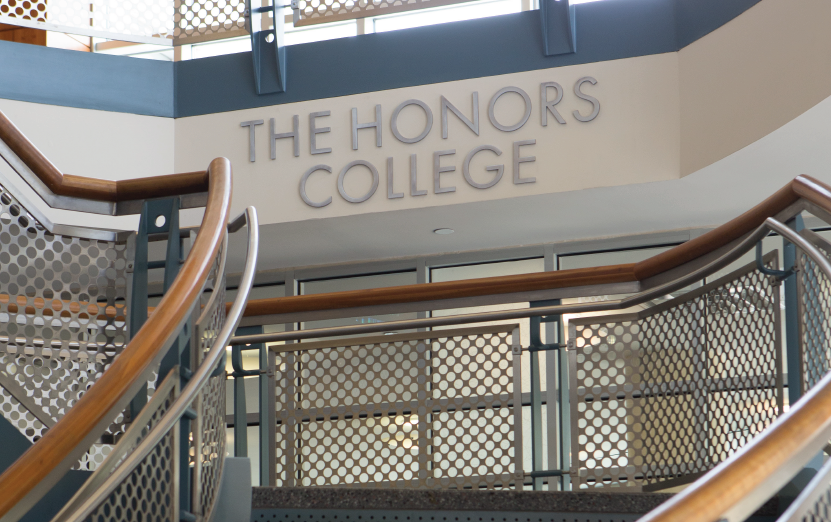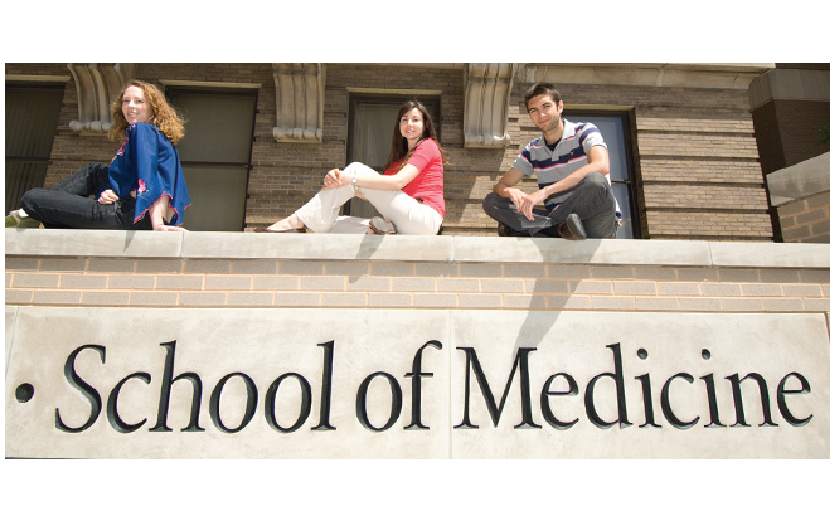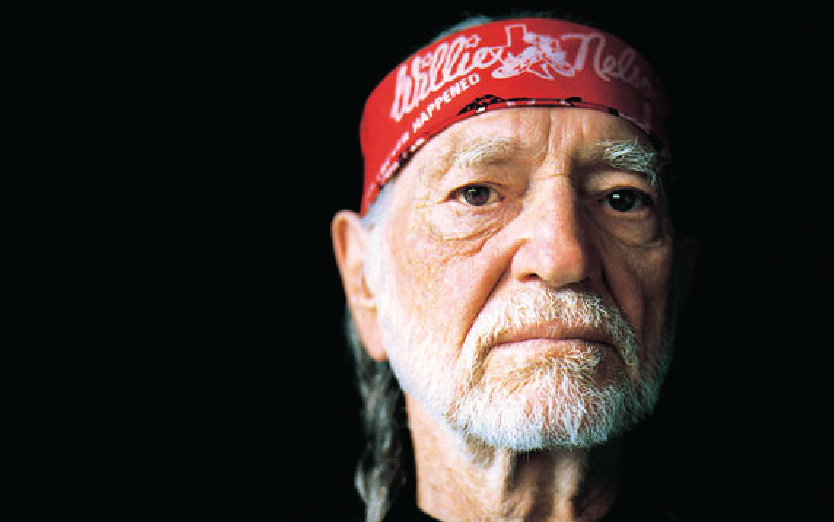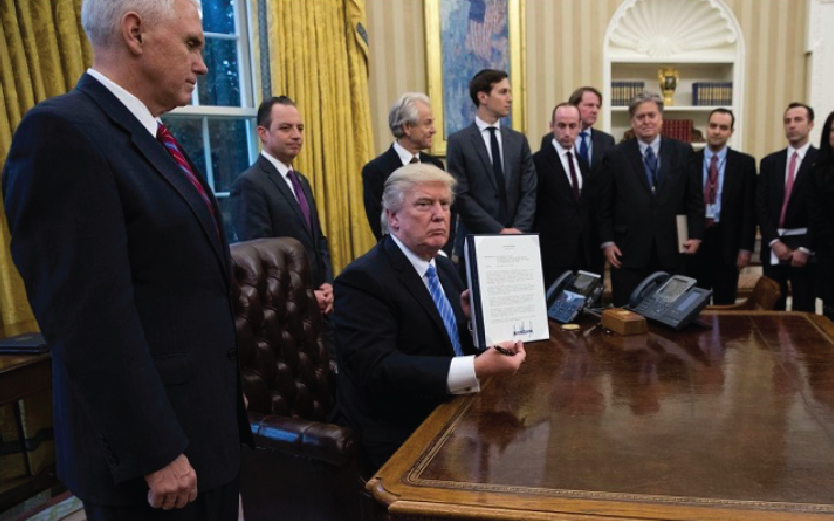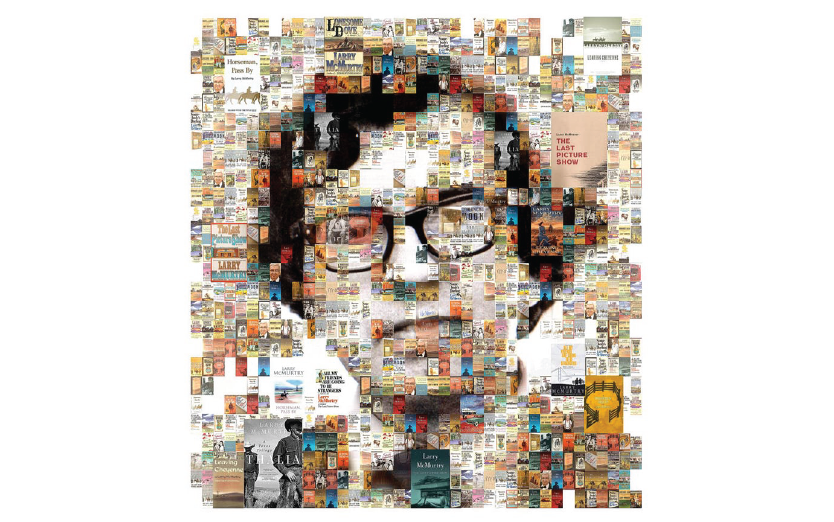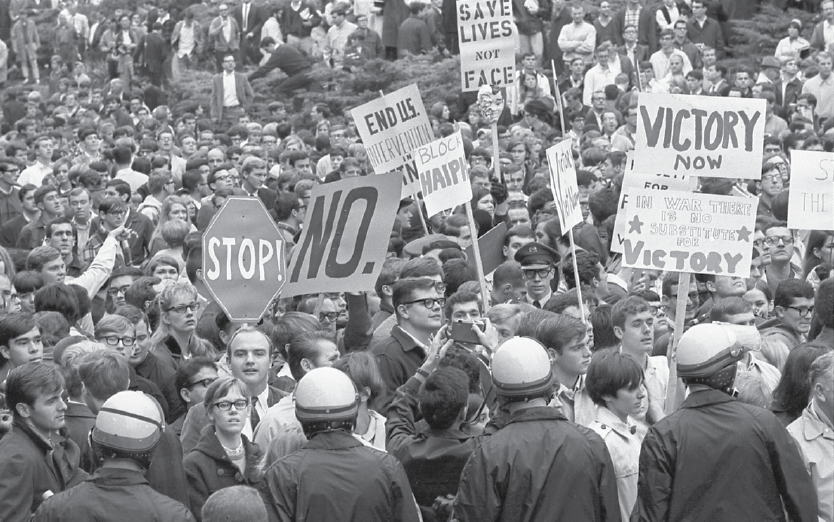No one—not even Bob Wills—casts a longer shadow on Texas music than Willie Nelson. This conversation will circle around his songs, of course, but perhaps also on the development and richness of the Texas music scene. Texas music has unique flavor, partly because of Nelson’s song writing, production, and influence on music venues. It’s likely that we will also talk about some of the other stars in the Nelson constellation: Michael Martin Murphy, Townes Van Zandt, Jerry Jeff Walker, Robert Earl Keene, Guy Clark, and Billy Joe Shaver. We’ll also put on headphones and listen briefly to some of Nelson's best work, including some that even fans might not know well.
Andrew Hamilton is Associate Dean for Student Success in the College of Natural Sciences at Mathematics at UH. He is also the Founding Director of the Bonner Leader Program in Honors. He has published widely on evolutionary theory and biological classification, as well as effective teaching. His most recent work in these areas can be found in The Evolution of Phylogenetic Systematics (University of California Press) and in Student Engagement: A Multidimensional Perspective (forthcoming from Wiley), as well as in a recent op-ed in the Houston Chronicle. Hamilton has been playing guitar seriously since the mid-1980s, and has been a devotee of Texas music since seeing Stevie Ray Vaughn perform magic on his ‘In Step’ tour in the summer of 1989. For almost 30 years, Hamilton been enjoying new and old Texas song writers, musicians, and bands. Since 2015, Hamilton has played guitar well and sung badly in Post-Tenure Revue, an all-faculty blues rock band. This will be his fifth Great Conversation as a table host..
Eric R. Bittner, FRSC, is a theoretical chemist, physicist, and the John and Rebecca Moores Distinguished Professor of chemical physics at the University of Houston. Bittner obtained his B.S. in chemistry and in physics from Valparaiso University. From 1988 to 1994 he worked with John C. Light at the University of Chicago and obtained his Ph.D. thesis in 1994 on Quantum Theories of Energy Exchange at the Gas-Surface Interface. He has worked at University of Texas and Stanford University. In 1997 he joined the University of Houston, and since 2009 Bittner has been the John and Rebecca Moores Distinguished Professor of chemical physics. He has worked at the University of Cambridge, the École Normale Supérieure, Paris, and at Los Alamos National Lab. He is was a Guggenheim Fellow at Cambridge, a Fulbright Fellow, and is a Fellow of the American Physical Society and the Royal Society of Chemistry. His main research interests lie with the dynamics of molecules in their excited electronic states, quantum symmetry breaking, quantum entanglement, and condensed matter physics. His musical interest were sparked by classical music. He bought his first electric guitar the day John Lennon died and hasn’t looked back since. Major influences include Chicago blues (Buddy Guy & Muddy Waters) and the Rolling Stones—who he met once by chance at the Checkerboard Lounge on Chicago’s South Side.
<RSVP NOW> <BACK TO THE LIST OF CONVERSATIONS>





